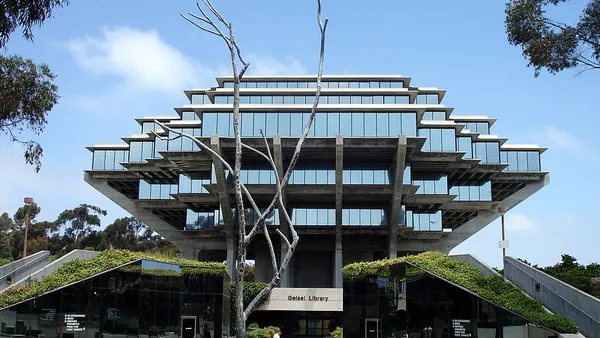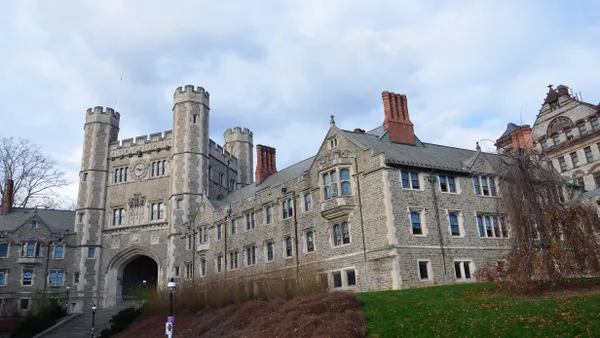Fred DuVal is chair-elect of the Arizona Board of Regents and a former member of the board of directors the Association of Governing Boards of Universities and Colleges.
The fight for freedom in Ukraine has galvanized the world into action. Americans want to do what they can to support these heroes and to thwart the illegal invasion and war crimes being committed by Vladimir Putin.
This past week, the Arizona Board of Regents heeded the call to action.
The board instructed the presidents of our public universities — and their foundations — to exit all investments and engagements they have in Russia. This means pension and retirement funds, as well as academic programs.
Our public university enterprise — three universities and approximately 200,000 students — had approximately $4 million invested in Russian assets. While our divestment is a fraction of our investment portfolio — likely similar to other colleges and universities — we hope our actions are meaningful and signal our condemnation, in the strongest possible terms, of the illegal invasion of the sovereign nation of Ukraine.
We all pay witness to the heroism and courage being displayed every day and night in Ukraine, where over a million have left families and homes and are now refugees. Where tens of thousands are hunkered down in subway stations. Where grandmothers and grandchildren are joining the men and women of the Ukrainian armed forces in taking up arms against the Russian army. And holding their own. The resistance and bravery of many may give sanctions time to work.
Economic sanctions are the leverage that our country — and most of the world — have chosen to exert pressure on Russia. It is not yet clear whether the sanctions to date will have sufficient depth, breadth and bite to be effective, but going forward, this is on us.
Who will join this army and man the battle stations? The number of universities that have taken similar action to Arizona's can be counted on one hand. The governors of Virginia and Colorado have directed their universities to act. I hope these actions spur others to do the same. With over 3,400 degree-granting universities in the United States, our collective action can be enormous and deeply impactful. Where is it?
Some foundation leaders resist this call, arguing that their responsibility is to keep investment returns high as a fiduciary duty to their clients and investors. To this argument, I offer these points: First, these Russian assets have generally lost much of their value anyway with the collapse of the ruble. Second, any Russian exposure, like ours in Arizona, is tiny — worth a Starbucks coffee to most beneficiaries. Finally, these investments can be swapped for others not in Russia.
It is a minimal risk worth taking, a symbolic gesture of solidarity as others in Europe are risking their lives, paying a fortune for gas, living in the street and welcoming Ukrainian refugees by the hundreds of thousands.
Every stream starts with a few drops. We are proud to be among them at this moment of global crisis where our way of life is at stake, in Ukraine now, but foreseeably beyond Ukraine in the coming months.
We must become a mighty stream, as we are called to be moral leaders in our communities and states. I urge others to act, now.














